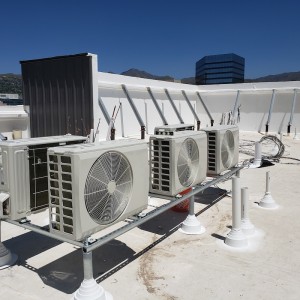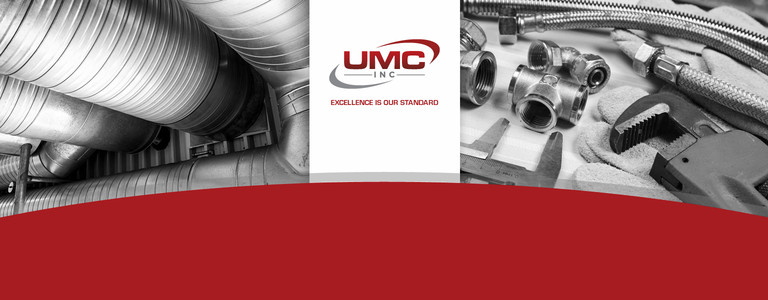
255 State Street, Utah, 2022
The effects of air pollution are well documented. We know that pollution contributes to sickness, chronic illness and death. It’s why we have environmental agencies that track outdoor air pollution levels and warn the public of these dangers. But what about indoor air quality?
The last few years of living with COVID-19 have shown us that indoor air quality significantly affects our health and well-being. Poor indoor air quality leads to increased transmission of airborne diseases like COVID-19 and other harmful health effects. But poor indoor air quality doesn’t just make us sick. It may also affect our cognitive abilities.
A study from the Harvard T.H. Chan School of Public Health has learned some surprising developments regarding the effect of indoor air quality on our bodies. The study tracked participants who worked in various industries in office buildings across six countries for one year. They found that workers in buildings with increased concentrations of fine particulate matter and lower ventilation rates had slower response times and reduced accuracy in cognitive tests. Jose Guillermo Cedeño Laurent, a research fellow with the Department of Environmental Health and author of the study, says: “Our study adds to the emerging evidence that air pollution has an impact on our brain. It’s the first time we’ve seen these short-term effects among younger adults Overall, the study suggests that poor indoor air quality affects health and productivity significantly more than we previously understood.”
The Harvard study is just one piece of research suggesting that indoor air quality affects our overall health and well-being. So what can we do to improve our air quality? Here are a couple of ideas that may help.
- We need to monitor air quality levels. Before we can address the problem of improving air quality, we need to understand the severity of the problem. Monitoring indoor air quality in our homes, workplaces, and other buildings may help us understand how big the problem may be. New technology is being developed that gives us accurate time data on indoor air quality and the factors that affect it, such as foot traffic, CO2 levels and other factors, is being developed. A recent New York Times article predicts that the indoor air quality monitoring market may grow by 20 times between now and 2030!
- We need better building controls. Increased ventilation, higher-grade MERV filters, in-system humidity controls, and ultraviolet systems are crucial in improving indoor air quality, and new HVAC systems are being designed with these tools. But to make these tools effective, you need advanced control over a building’s airflow and HVAC systems. New smart systems are allowing builders and building managers even more control which will help in the fight against poor indoor air quality. But indoor air quality will remain an issue until those types of controls and systems are common in every building.
As a multi-family plumbing and HVAC company, our team constantly studies new HVAC technologies to provide the best recommendations for our projects. Our focus is not just on delivering a quality design and build for our partners but also one that is safe for the building and its occupants. We believe that now more than ever, the industry needs to embrace new HVAC technologies and improve indoor air quality for the safety of all.






